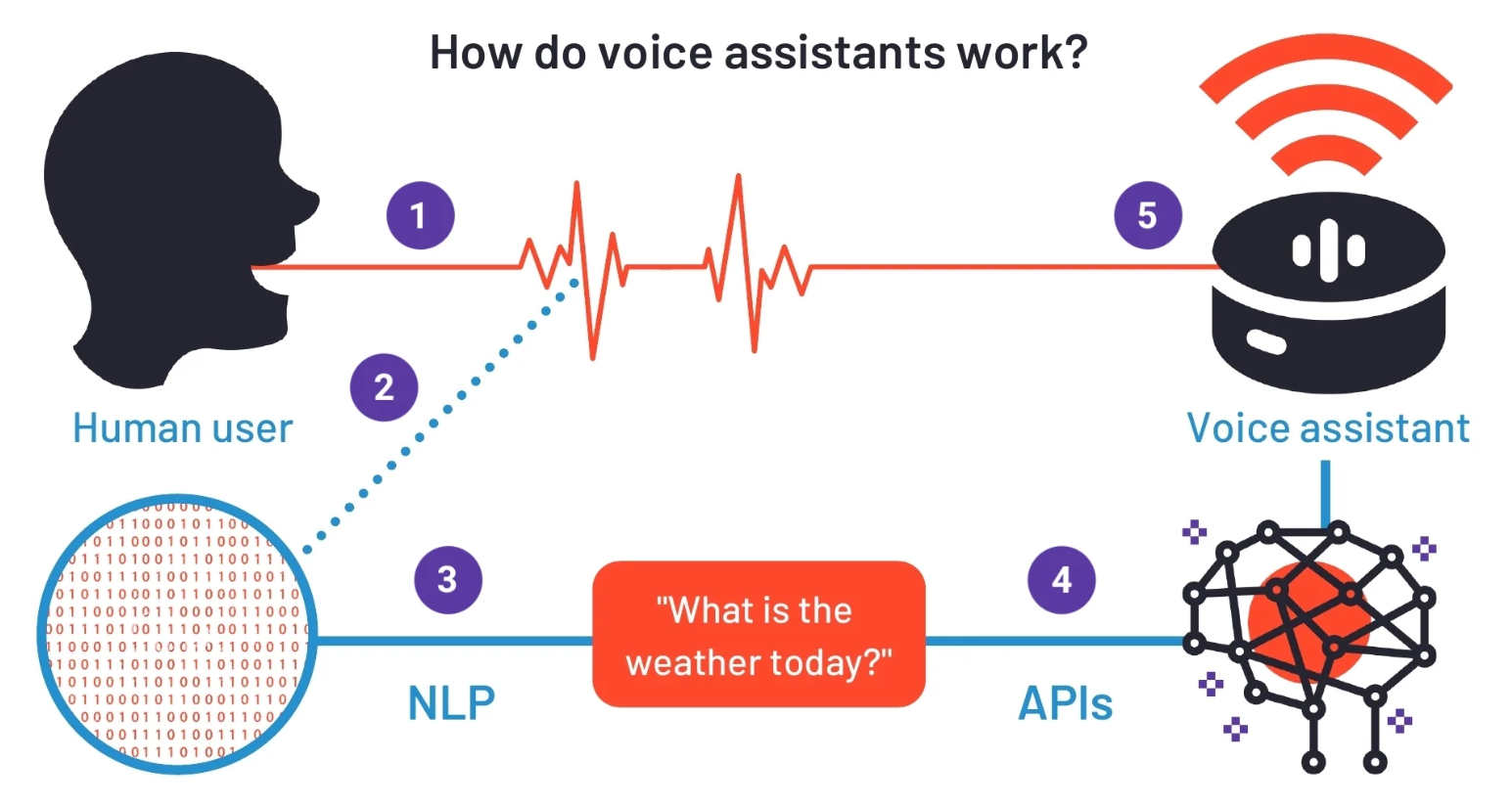In today's rapidly advancing technological landscape, voice assistant technology has emerged as a powerful tool that can significantly benefit the elderly population. With its intuitive voice recognition and command capabilities, voice assistant technology offers a range of features that enhance the quality of life for seniors and improve their overall well-being.
Importance of technology for older adults
As the world becomes increasingly digital, it is essential for older adults to embrace technology to stay connected, independent, and engaged. Technology, such as voice assistants, has the potential to address various challenges faced by seniors, including mobility limitations, cognitive decline, and social isolation.
Definition of voice assistant technology
Voice assistant technology refers to intelligent virtual assistants that can respond to voice commands and perform a wide range of tasks. These voice-activated devices, often powered by artificial intelligence, are designed to understand natural language and provide relevant information or execute requested actions.

Positive impacts of voice assistant technology on seniors are as follows:
Enhanced Accessibility and Independence
Voice assistant technology plays a vital role in enhancing accessibility and independence for the elderly. It provides a user-friendly interface that allows seniors to interact with various devices and services effortlessly.
Cognitive Support and Memory Aid
Voice assistant technology offers valuable cognitive support and serves as a memory aid for the elderly. It assists in various ways to help seniors maintain cognitive function and memory.
Social Connection and Companionship
Voice assistant technology plays a crucial role in facilitating social connection and companionship for the elderly.
Health Monitoring and Wellness Support
Voice assistant technology offers significant benefits in terms of health monitoring and wellness support for the elderly.
The advantages of voice assistants are applied in:
1. Hands-free operation
One of the significant advantages of voice assistant technology is its hands-free operation. Seniors with mobility challenges or physical impairments can simply use their voice to control devices, access information, and perform tasks. This eliminates the need for manual dexterity or complicated button presses, making technology more accessible to individuals with limited mobility.
2. Voice-controlled smart home devices
Voice assistants can integrate with smart home devices, enabling older adults to control their environment easily. By simply using voice commands, they can adjust the temperature, turn on lights, lock doors, and even control appliances. This level of control promotes independence and reduces reliance on others for daily tasks.
3. Reminders and assistance with daily activities
Voice assistants can serve as reliable personal assistants for seniors, offering reminders and assistance with daily activities. They can set medication reminders, schedule appointments, create to-do lists, and provide step-by-step instructions for tasks. This feature helps older adults stay organized and on track, reducing the risk of missed appointments or medication doses.
4. Access to information and entertainment
Voice assistants provide instant access to a wealth of information and entertainment options. Seniors can ask questions, seek advice, and access news, weather updates, and audiobooks through voice commands. This feature not only keeps them informed and engaged but also eliminates the need to search for information manually, making it more convenient and accessible.
5. Voice-controlled communication
Voice assistant technology enables hands-free communication, allowing seniors to make phone calls, send messages, or initiate video calls using voice commands. This feature promotes social connection and enables older adults to stay in touch with loved ones easily, even if they have limited mobility or dexterity.
Overcoming Technological Barriers
While voice assistant technology offers numerous benefits to the elderly, there may be certain technological barriers that need to be addressed. Here are some strategies to overcome these challenges:
A. Simplifying user interfaces
To make voice assistants more accessible to older adults, it is essential to design user-friendly interfaces. This can involve simplifying voice commands, providing clear instructions, and ensuring intuitive navigation. By minimizing complexity, older adults can feel more comfortable and confident in using voice assistant technology.
B. Personalized setup and training
Assisting older adults in setting up and personalizing their voice assistants can help overcome technological barriers. Caregivers or family members can provide initial guidance and support, ensuring that the device understands the individual's specific needs and preferences. Additionally, offering ongoing training and assistance can help older adults become more proficient in using the voice assistant technology.
C. Addressing privacy and security concerns
Privacy and security are crucial considerations when using voice assistant technology. It is important to educate older adults about the privacy features of the device, such as voice recognition and data encryption. Clear explanations about how their data is handled and protected can alleviate concerns and build trust in using the technology.
D. Regular software updates and maintenance
To ensure optimal performance and security, voice assistant devices should receive regular software updates. These updates often include bug fixes, feature enhancements, and security patches. It is essential to educate older adults on the importance of keeping their devices up to date and assist them in installing updates when necessary.
E. Caregiver involvement and support
Incorporating caregivers into the setup and usage of voice assistant technology can provide valuable support. Caregivers can help older adults navigate the device, troubleshoot issues, and monitor usage to ensure its effectiveness. Regular communication and collaboration between older adults, caregivers, and healthcare professionals can enhance the overall experience and address any concerns that may arise.
Conclusion
Voice assistant technology has emerged as a powerful tool in improving the lives of the elderly. Through enhanced accessibility, cognitive support, social connection, and health monitoring, voice assistants provide numerous benefits to older adults.
By enabling voice commands and intuitive interfaces, these devices promote independence and safety, allowing older adults to easily control their environment and access essential services. Voice assistants also offer cognitive support, aiding in memory recall, task management, and mental stimulation.
Furthermore, voice assistants facilitate social connection and companionship by enabling easy communication with loved ones, engaging in virtual activities, and providing entertainment options. This helps combat feelings of loneliness and isolation commonly experienced by the elderly.
Additionally, voice assistants play a crucial role in health monitoring and wellness support. From medication reminders to vital sign tracking, these devices empower older adults to actively manage their health and live a more independent and healthy life.
As technology continues to advance, it is essential to address any barriers and ensure accessibility for all older adults. User-friendly interfaces, personalized settings, and ongoing support can help overcome technological challenges and maximize the benefits of voice assistant technology.










